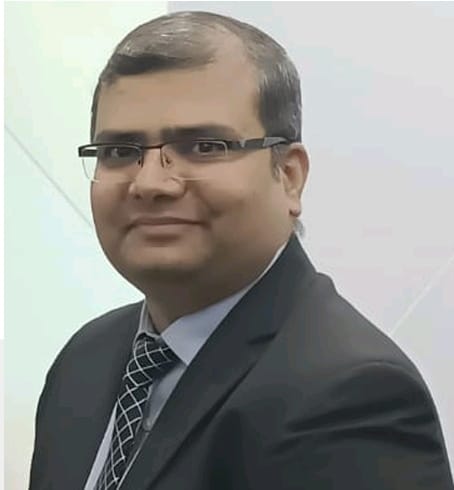Cardiologist
Cardiologists are qualified to treat heart attacks, heart failure, heart valve disease, arrhythmia, and high blood pressure.
Reasons to See a Cardiologist
There are many symptoms associated with the heart that might lead you to visit a cardiovascular specialist. You should see a cardiologist if you have:
Shortness of Breath
Being unable to catch your breath can be a warning sign of a heart problem and should be addressed with a doctor immediately. If you have severe shortness of breath, you should make patient reach Hospital for Medical Emergency
Dizziness
Dizziness is a feeling of unsteadiness and can be described as a swirling or spinning sensation focused in the head. Dizziness can point to many different conditions, including heart disease or unstable blood pressure.
Fainting Spells
Fainting can be described as a sudden loss of consciousness. It is caused by low blood flow to the brain. Lightheadedness and dizziness are often signals that someone might faint.
Fainting spells can be brought on by many causes, such as low blood sugar, panic attacks, anemia, or heart disease. You should address fainting spells with your physician, especially if you experience them regularly.
Chest Pains
Chest pain — also known as angina — often occurs when the heart doesn’t get enough oxygen. The pain can sometimes be diverted to the shoulder, arm, and jaw. While not all chest pain is angina, it should always be addressed with your doctor.
If you have any of these symptoms along with chest pain:
- A sudden feeling of squeezing, tightness, or pressure under your breastbone
- Pain that spreads to your jaw, left arm, or back
- Sudden sharp chest pain with shortness of breath, especially following a period of inactivity
- Nausea, dizziness, rapid heart rate or rapid breathing, confusion, ashen color, or excessive sweating
- Very low blood pressure or very low heart rate
Fluttering Sensation in the Chest
Heart flutters may be experienced as:
- Palpitations (fast beats)
- The heart “skipping a beat”
- Erratic thumping in the chest
- A racing heart
Fluttering sensations may relate to heart disease or disorders and should be discussed with your doctor.
What to Expect at the Cardiologist
When you visit the cardiologist, they will talk with you to learn more about your symptoms and your habits. They may also perform a series of tests to identify specific cardiovascular conditions. Testing on cardiologist patients may include:
- ECG
- Cardiac Catheterization
- Ultrasound
- Cardiac biopsy
- Stress test
These tests will evaluate your overall heart health. Once the cardiologist analyzes your test results, they will diagnose your condition and recommend a treatment plan. Common cardiology conditions include congenital heart disease, coronary artery disease, and vascular disease. Cardiologist treatment plans may include prescriptions or advice about diet and lifestyle changes. More serious conditions may require heart surgery of varying degrees.
Our Specialists

Dr Manish Jain is Consultant Cardiologist attached with Smt. Motiben Dalvi Hospital and other Hospitals in South Mumbai and has over 18 years of rich Cardiology experience. Dr Jain has completed his Cardiology training from North West London in United Kingdom and subsequently did advanced fellowship in the prestigious The Royal Brompton & Harefield Heart Failure and Transplant center. He was attached as Consultant Cardiologist in London North West Healthcare NHS Trust in UK.
He had abstract presentation in American College of Cardiology as well as European Society of Cardiology annual conference. He has published literature in British Medical Journal, European Heart Journal, EURO-PCR and Journal of American College of Cardiology (JACC).